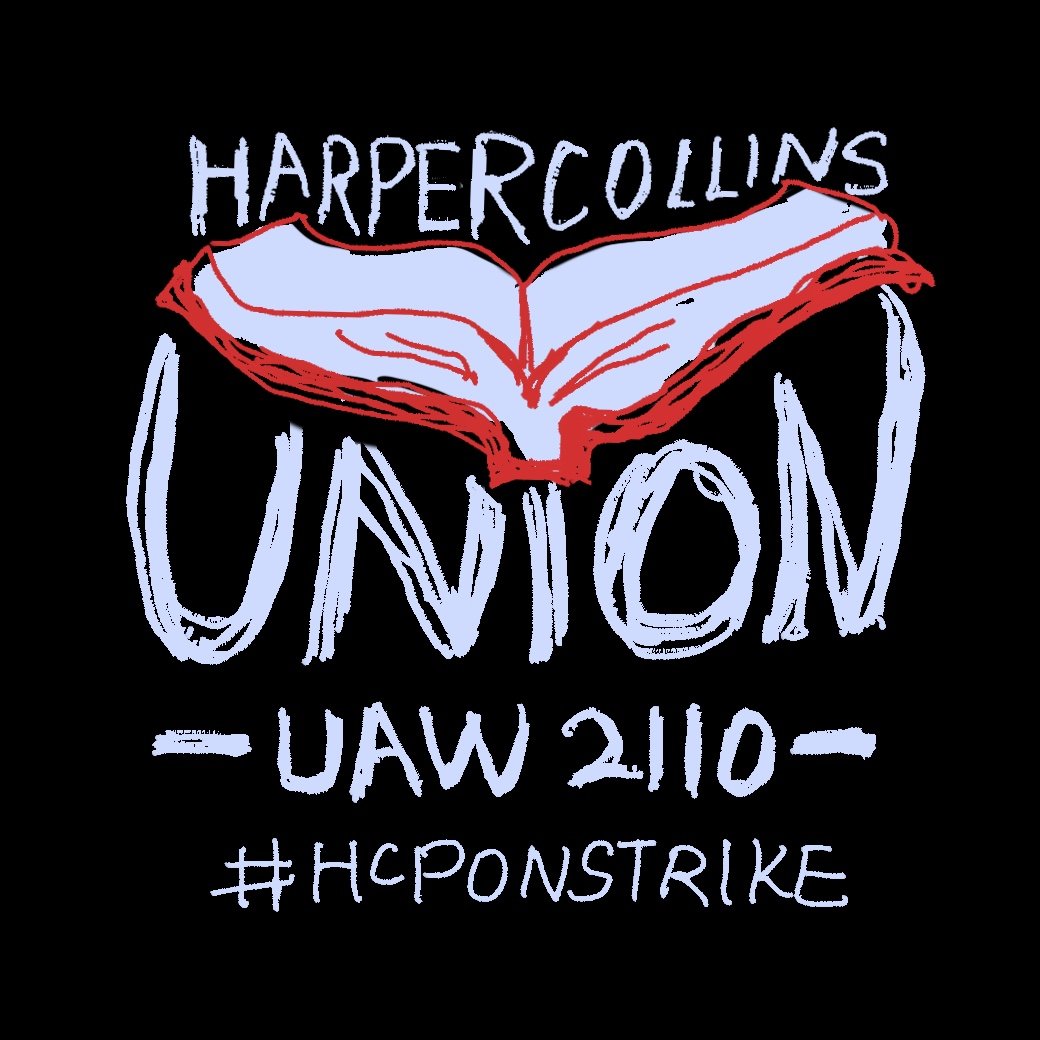Graphic by Sunny Wei ‘23.
By Olivia Wilson ’24
Books Section Editor
After a grueling sixty-six-day strike that captured national headlines and involved almost 250 employees, the union at HarperCollins publishing has announced the ratification of a new contract and the conclusion of the strike. The demonstration began on Nov. 10, 2022, and officially ended on Tuesday, Feb. 21, 2023, when employees returned to work after over two months of public and virtual demonstrations.
The new contract comes at a troubling time for HarperCollins, as they announced they would be cutting five percent of their U.S. workforce by June 30, according to Publishers Weekly. The New York Times reported that the company, which saw a surge in profits during the COVID-19 pandemic, is now suffering losses and is down 14 percent in sales from last year. HarperCollins CEO Brian Murray pointed to unprecedented supply chain and inflation costs as a reason for the layoffs.
Among other demands, the union has been negotiating for an increase in starting salary from $45,000 per year to $50,000 per year to compensate for the high living costs in New York City, where HarperCollins headquarters are located. There have also been demands for improved family benefits and a stronger initiative from the company in diversifying its workforce, according to a report from The New York Times.
The released terms of the contract include improved compensation and benefits, guaranteed annual raises for anyone rated above ‘unsatisfactory’ for work and paid time to participate in company diversity and inclusion initiatives. In addition, the contract allows employees to continue working remotely until July 1, 2023.
A statement from union President Olga Budastrova told Publisher’s Weekly that the union was incredibly pleased with the terms of the new contract, which will last through the end of 2025. In the statement, she told Publisher’s Weekly that she was “confident” that the contract would “lead to a long-lasting change in HarperCollins work culture and perhaps in publishing at large.”




